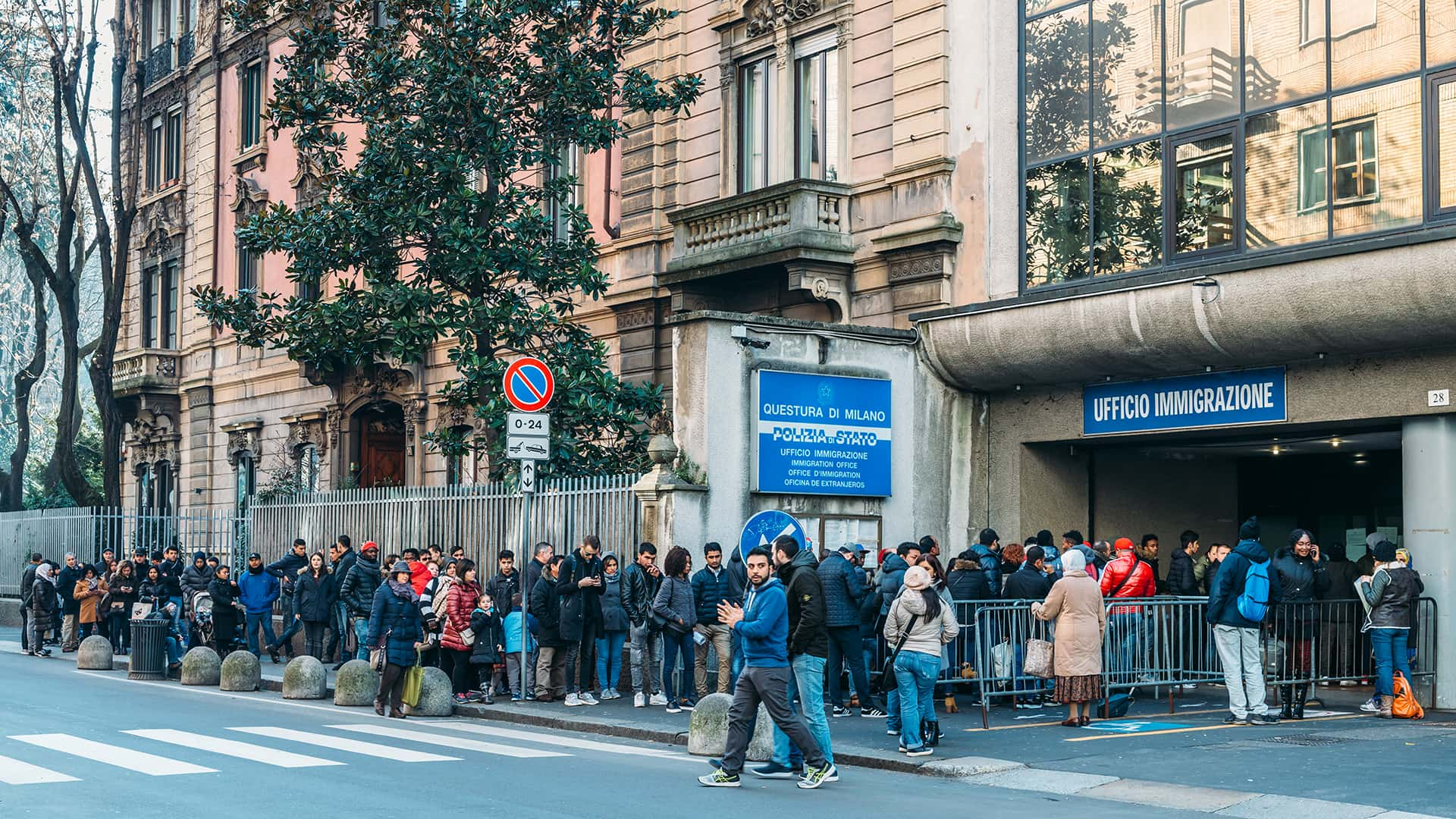This trend persists even for chronic diseases, where undocumented migrants are entitled to essential treatment beyond emergency care.

Undocumented migrants in Italy rely more on emergency rooms and hospital admissions compared to pharmaceutical prescriptions and specialist visits
Hospitalizations account for approximately 50% of total expenditure for Italian citizens with diabetes, while for undocumented migrants, it reaches as high as 90%. Surprisingly, charitable organizations seem to provide more effective services to undocumented migrants compared to the Italian National Health System (NHS) serving documented migrants. In the case of diabetes, receiving healthcare services from a charitable organization increases the likelihood of adhering to prescriptions by 1.19 times.
These findings are part of the Motive project, supported by the Italian Ministry of Education and Research, aimed at constructing a research platform to gather diverse healthcare data on undocumented migrants and vulnerable populations. The project seeks to utilize this data to generate evidence for informed decision-making, focusing on efficiency and effectiveness.
The availability of modern technologies enables the collection of an unprecedented amount of health-related information, commonly known as “real-world data.” Local and regional healthcare databases, which manage data for healthcare delivery, are particularly valuable resources for healthcare research. The Motive project utilizes this type of information.
The project involves collaboration between multiple Italian universities, including representatives from CERGAS Bocconi, Elisabetta Listorti, and Aleksandra Torbica
The project team, including scholars Silvano G. Cella, Gianfrancesco Fiorini, Giovanni Corrao, and Matteo Franchi from the University of Milan, University of Milan-Bicocca, and Istituti Clinici Zucchi, has authored two papers focusing on undocumented migrants affected by diabetes. For short-term diabetes complications, preventable hospitalizations are four times higher for undocumented migrants compared to Italian citizens.
The second paper highlights the provision of culturally sensitive services by charitable organizations, resulting in higher adherence to treatment. This finding emphasizes the need for better coordination between authorities.
“The significant disparity between entitlements and actual utilization of healthcare services underscores the World Health Organization‘s call for improving health for all and reducing inequalities by addressing challenges faced by migrants,” explains Aleksandra Torbica. “We must begin by reflecting on the barriers encountered by migrants in accessing healthcare services and the actions taken to overcome them.”
Elisabetta Listorti adds, “The vital role played by charities has positive effects, such as increased utilization of healthcare services by migrants due to the implementation of migrant-focused practices. However, the lack of integration between the NHS and these organizations prevents a comprehensive understanding of healthcare utilization by undocumented migrants, leaving several questions unanswered regarding their unmet healthcare needs.”
READ ALSO: Tax Breaks For Parents May Return To Help Ease Financial Hardships




